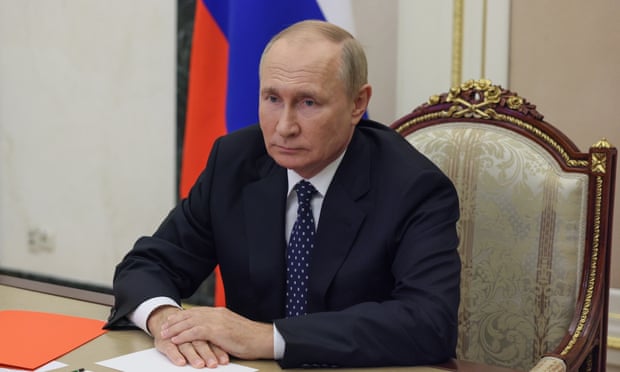IPEF Meeting: Building a New Economy under US-Japan Leadership
A summit-level meeting of the Indo-Pacific Economic Framework for Prosperity was recently held. The IPEF is a new economic initiative led by the U.S. In all, 14 countries agreed to enter into formal negotiations, including Japan, South Korea and Australia, as well as seven of the 10 members of the Association of Southeast Asian Nations.
Four pillars that the IPEF seeks to address have been established. The trade and supply chain pillars seek to address critical commodities, the clean economy pillar targets decarbonization and the fair economy pillar targets corruption.
In this system, each nation will decide whether to participate in each pillar. Thirteen countries, including Japan and the U.S., will enter into negotiations in all four fields. Although India has decided not to participate in trade policy, it is of great significance that 14 countries, which together account for about 40% of the world's gross domestic product, are willing to cooperate in this framework.
It is essential that the rules created are fair and lead to economic growth in each country.
Regarding supply chains, IPEF's aim is to develop a system in which countries can share information on critical supplies and exchange inventories in the event of an epidemic or conflict.
The intention behind the clean economy pillar is to promote infrastructure investment and technical cooperation for decarbonization. Trade focuses on safe data distribution.
However, the elimination of tariffs is currently not a part of these plans. It is essential to create concrete plans that will benefit each nation, but ASEAN countries, which want to open up to the U.S. market, would find it difficult to see any noticeable benefits without tariff reductions.
India is not a member of the frameworks for free trade under either the Comprehensive and Progressive Agreement for Trans-Pacific Partnership or the Regional Comprehensive Economic Partnership agreements. Hopefully, the IPEF will be able to welcome India's participation.
Participating countries should strengthen their own economic security and deepen their ties with India to demonstrate the merits of the IPEF.
The IPEF's goal is to keep China in check. China is a member of the RCEP and has applied for membership in the CPTPP as well, demonstrating its readiness to secure leadership of trade in the region.
However, China's use of subsidies for government-owned corporations and its infringement of intellectual property rights are problematic. It is not desirable for a nation that allows policies like these to take the lead in making rules.
There were concerns that the U.S. would withdraw from the previous Trans-Pacific Partnership* and lose its involvement in the Asian economy. In the IPEF negotiations, it is important for Japan to serve as a bridge between the U.S. and Asia to strengthen economic relations.
Editor's Note: The U.S. withdrew from the Trans-Pacific Partnership in 2017.

